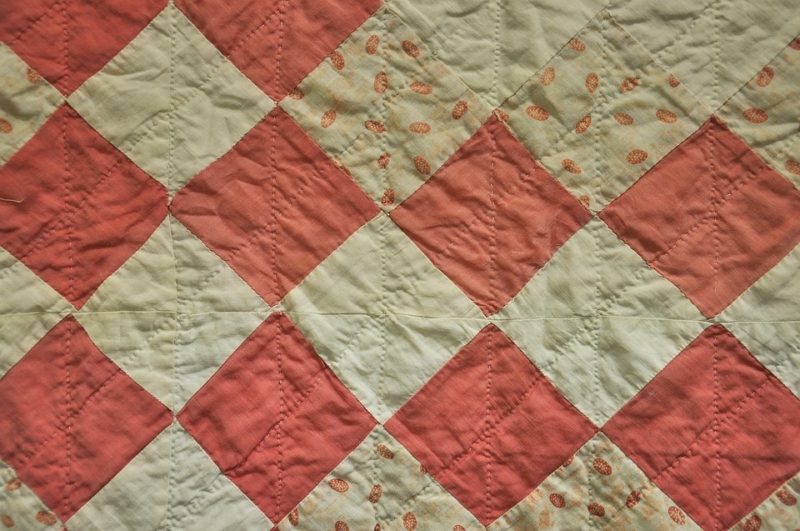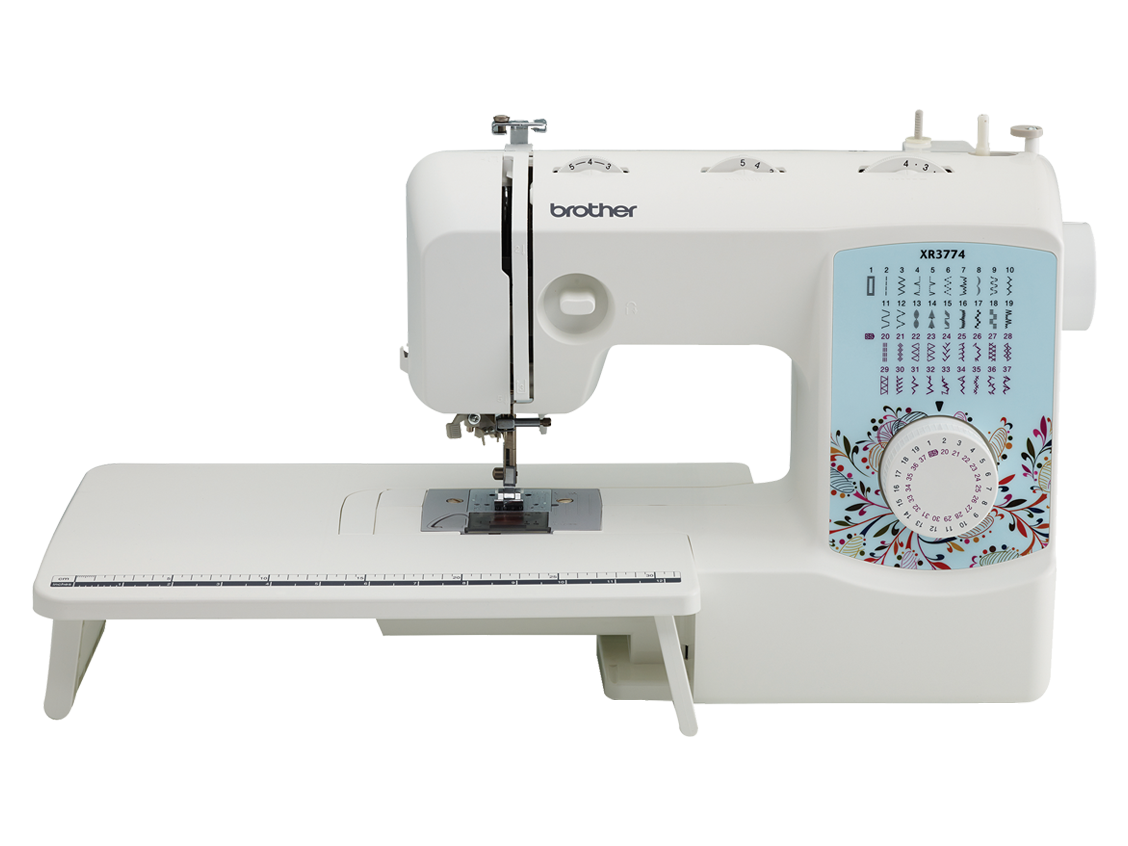How To Hook Up Brother Free Motion Darning Foot (plastic)

I want to get a walking foot to use with my Viking 5710. I called Viking/Husqvarna and they have no information on what could be used with this older. Brother ls 2125 parts manual: google for Mobile on 1s.muunic.site.
For $5 let's try the Dremmel tool Thanks for posting this site. I love my HV 5710. Got it cheap on GW Auction on line. The machine was stuck from dried oil. Did a YouTube on how to fix it. User: capedoryus. Ordered a walking foot from Amazon for $5 and it does not fit due to the unusual slant of the foot bar. Soooooo close. Today is file down the plastic day to make it fit. Wish me luck. I would love to replace the teeny tiny screw used but that's for another day. I'll post my discovery.
Thanks for posting this site. I love my HV 5710. Got it cheap on GW Auction on line. The machine was stuck from dried oil. Did a YouTube on how to fix it. User: capedoryus. Ordered a walking foot from Amazon for $5 and it does not fit due to the unusual slant of the foot bar. Soooooo close. Today is file down the plastic day to make it fit. Wish me luck. I would love to replace the teeny tiny screw used but that's for another day. I'll post my discovery. BREAKING NEWS (not again please) I used small hand files and worked the plastic mount down till the walking foot fits pretty good. I found diamond hand files cut the best. They are small files and are perfect to fit into the plastic mount.
Because the screw is so small you have to reduce the thickness of the mount. Remove plastic housing by prying off. Then take a few photos of how it looks assembled as next you are going to remove the screws on the side with the needle bar lever.
Take more photos.
Start taking things apart. I did not undo the spring but was able to get the file into the mount by moving the foot but keeping the spring attached. Keep on filing and more filing.
You will have to work it as you go since it's about impossible to get it square. If it sits off to one side it needs more plastic removed. It's a PIA but now I have a walking foot for my 5710. I don't think you can buy one at any price as the support for the foot on the 3610 and 5710 are on an angle.
Hope this helps somebody.
From the Editor: You are one determined guy, John. My hat's off to you.
Fabulous reminder about taking pictures as you go when you're taking things apart. Good advice for so many situations.
Thank you so much for sharing!
Piecefully,
Julie Baird
Video instructions for Various sewing and application.
(For utilizing various sewing stitches and the sewing functions on the machine)
Click on the image to play the video instructions.
* The movies are being streamed from YouTube. (Opening new window.)
Free Motion Backgrounds
1. Various sewing


Let's take a look at blind hem stitching. Secure the lower edge of skirts and pants with a blind hem.
|
How To Hook Up Brother Free Motion Darning Foot (plastic) Set
Let's take a look at how to sew overcasting stitch. Sew overcasting stitches along the edges of cut fabric to prevent them from fraying.
|
Let's take a look at buttonhole sewing. You can make buttonholes appropriate to the size of your button with the machine.
|

Let's take a look at how to sew buttons. Buttons with two or with four holes can be attached.
|
Free Motion Exercise Routines
Let's take a look at the zipper insertion method. In the first part of the movie, it shows you the method of inserting a centered zipper. In the latter part of the movie, it shows you the method of inserting a side zipper.
|
Let's take a look at how to attach the appliqué piece to the fabric. Sew around the edge of the applique piece while dropping the needle as close as to the edge as possible. |
Let's try Patchwork, Piecing, Quilting and Free motion quilting. In the first part of the movie, it shows you the method of Piecing. Select a piecing straight stitch and sew with the side of the presser foot aligned with the edge of the fabric. In the second, it shows you the method of Quilting. Sandwiching batting between the top and bottom layers of fabric is called 'Quilting'. Quilts can easily be sewn using the walking foot and the foot controller. In the last, it shows you the method of free motion quilting. We recommend attaching the foot controller and sewing at a consistent speed.
|
Let's take a look at how to sew the appliqué piece. Bar tacks are used to reinforce points subject to strain, such as pocket corners and openings.
|
Let's take a look at how to sew darning stitch. Darning stitches are used to mending and other applications.
|
Let's take a look at how to sew eyelet. Eyelet stitches are used to make belt holes or other similar applications.
|
Let's try Fagoting. Stitching across an open seam is called 'Fagoting'. It is used on blouses and children's clothing. This stitch is more decorative when thicker thread is used. |
Let's try Scallop stitching. The wave-shaped repeated stitch pattern that looks like shells is called 'Scalloping'. This stitches are used to decorate the edges of the project like blouse collars, handkerchiefs.
|
Let's try Drawnwork. Partially removing threads is called 'Drawnwork'. This gives beautiful results with fabrics that have a loose weave.
|
You can see other instructional videos for this model.
Click the banner or link below to watch other videos.